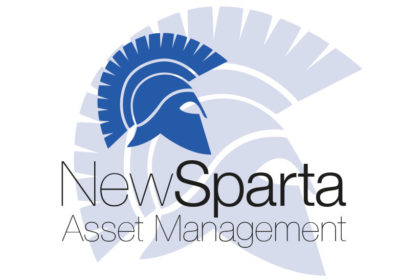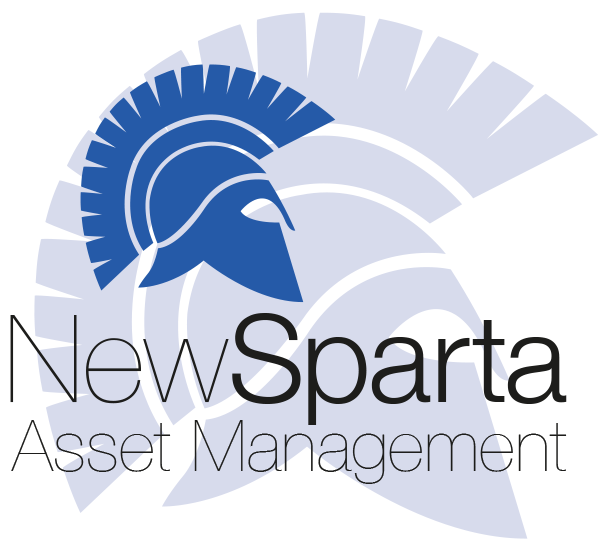
I was recently asked why it is that sterling fell after the Bank of England finally put interest rates up. The stock answer is that it is all about market expectations. The rate rise was fully priced in already, and the market was disappointed that there was not a greater indication of more near-term increases.
There is another, at least partial, explanation however – an explanation which also goes some way towards answering those who complain that the BoE’s messaging seems confused. This is that an interim objective of the BoE is precisely to erode the value of institutional savings, over time, so as to reduce government debt in real terms. This requires sustained negative real (i.e. adjusted for inflation) interest rates. To achieve that requires obfuscation, indeed deliberate fooling of the market. The job of Governor Mark Carney is, every eight weeks or so, to work out what market expectations for interest rates, growth and inflation are, and to then say the opposite.
This confusing messaging is deliberate and not only confounds market participants, but distracts them from the financial repression and erosion of the real value of institutional savings going on under everybody’s nose. This requires keeping interest rates below inflation and only raising them to give occasional credibility to inflation-fighting credentials. As savers, we should be on our guard.
The fact that sterling fell on the rate rise could, in part, mean that maybe ‘the Great Distraction’ is on the verge of being discovered by enough people to make it difficult to sustain. Then again, still probably a greater explanatory factor for now is market pessimism about the economy and thus low inflation expectations.
Should awareness of the Great Distraction grow, and should this at some point become a flood, then expectations concerning interest rates and inflation could change very suddenly. This is not the only scenario. By ‘sudden’, though, I do mean days rather than months because of:
(a) the current dangerously homogenous (and fragile) expectations and views about how the market is operating
(b) the enormous amount of public debt (aided by excessive QE) in the economy, and
(c) the government’s structural fiscal deficit.
The combination of the last two of these factors is potentially toxic. Expectations of future increases in the cost of servicing debt in a high interest rate environment could be enough on its own to lead to self-fulfilling expectations of money printing as the only viable government strategy to finance the Public Sector Borrowing Requirement (PSBR).
In such a scenario inflation will probably remain higher than nominal rates as government policy will still be to erode the real value of the government debt stock. The BoE will no doubt oblige by raising interest rates but not by enough or quickly enough to stop inflation taking its toll on savings. Indeed the gap between inflation and interest rates could be much wider than at present, with nominal levels of both much higher and unstable (as they were in the 1970s).
Pension fund trustees may be hoping for higher interest rates, so as to reduce pension fund liabilities as calculated using standard discount factors based on bond yields. However, we should be careful what we wish for, and bear in mind the duty of care owed to employees and retirees. The real value of pensions will likely suffer even as the financing gaps for pension funds reduce.
Dr Jerome Booth in London
